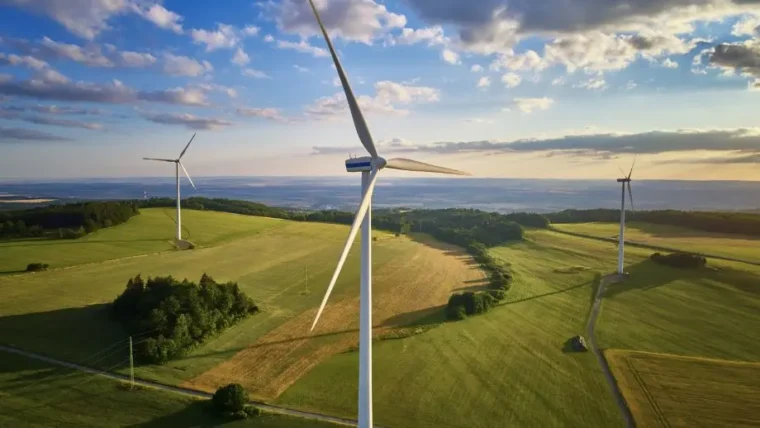How is Artificial Intelligence Making Wastewater Applications Smarter? – blog 1
23 November 2017
What is Artificial Intelligence?
Many people think of artificial intelligence, or AI, as the emulation of human intelligence. This creation of a machine that has common sense (the ability to perceive, understand, and judge things) is known as artificial general intelligence, or AGI. Think Blade Runner!
As a science, artificial intelligence – a term coined by John McCarthy in 1955 – is generally recognised as the ability of a computer programme to think and learn; to imitate human condition.
Artificial intelligence is only termed ‘artificial’ because the intelligence isn’t from a biological being, known as natural intelligence (NI). Machine intelligence is arguably a more appropriate but less well-used term as it captures this distinction.
Types of AI such as fuzzy logic (FL) and artificial neural networks (ANN) – allow us to make computers, via carefully designed and enacted mathematical algorithms, capable of specific tasks. This is often referred to as narrow AI. The algorithm outputs can be translated into useful operational information to support decisions, or can directly enact decisions.
AI is useful where processes have recurrent patterns that are understood to be complex and variable; ANNs can be trained to learn patterns in these circumstances. Where human knowledge is available but processes are shrouded in variability, FL can be used to rationalise decisions.
In this series of blogs, we will discuss the application of three types of AI in wastewater
- Artificial Neural Networks
- Generally used to learn from “big data” and then to predict or detect events
- Generally used where phenomena are predictable but poorly understood or complex
- Fuzzy Logic
- Generally used where expert knowledge is available, and
- Where phenomena are understood in principle but are variable
- Genetic Algorithms
- Used for optimisation of decisions or systems
- Often used in combination with ANNs and FLs; often for their refinement
Throughout these blogs, we aim to consider where each of these types of AI are useful – alone or in combination – and where they have drawbacks and advantages in particular applications. We will consider the emergence of the different types of AI from academia and their practical application for business benefits.
In next week’s blog, we will look in more detail at the different forms of Artificial Intelligence.









